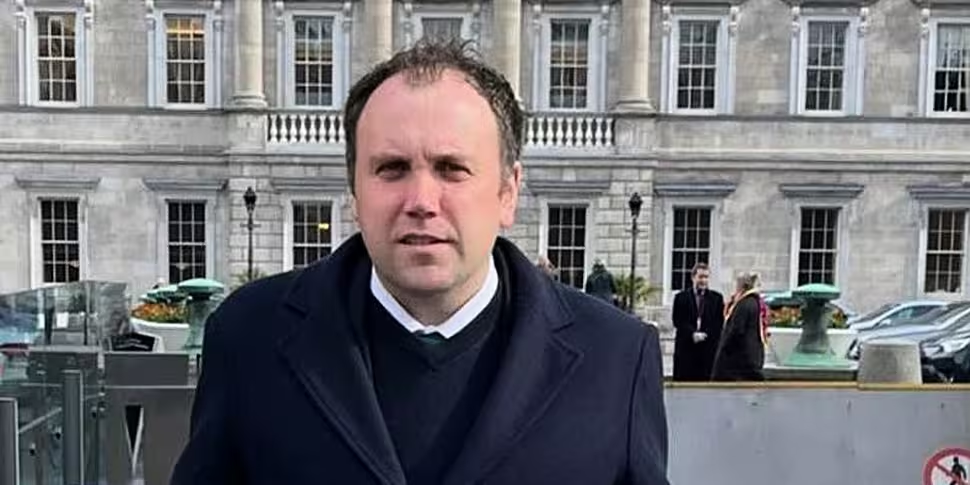Ireland should be ‘guided by capacity mapping’ when taking in more asylum seekers, according to Clare TD Cathal Crowe.
He was speaking after the Integration Minister Roderic O'Gorman said asylum seekers arriving here for the next month may have to live on the streets as there is a "very real risk" Government will not be able to accommodate them.
Deputy Crowe told Newstalk Breakfast capacity mapping - such as that seen last March - needs to happen again.
"All the Government agencies coordinating this crisis had their boots on the ground in Clare," he said.
"Minister Norma Foley's department undertook the most impressive capacity mapping: they contacted every single school - 'Where have you places, where do have you not places?'
"That has formed decision-making.
"That kind of capacity mapping, certainly in this part of the country, hasn't happened to any great extent in recent months.
"Manage it better and be aware of where in the country there's capacity [and] where in the country there isn't".
'Level of care'
Deputy Crowe said helping people is the right thing to do, but we need to manage it better.
The Government are breaking their back to try to find accommodation, and it's the right thing to do... but putting someone out on the street isn't the level of care and support the nation should be providing," he said.
"Putting them into a tent, putting them into a warehouse in Shannon isn't a level of support.
"What I heard loud and clear from the Minister yesterday is there will be additional capacity achieved in mid-February.
"That's about three and a half weeks out.
"I think the sensible and prudent thing is that our intake and where we allocate people... needs to be in some way guided by that capacity.
"I think there needs to be a common-sense approach here".
'People in Army tents'
He said the village of Lisdoonvarna has seen its population grow from around 300 people to 1,300.
"They're very welcome, their stories are harrowing – but the capacity to provide healthcare and education; none of that has increased incrementally to meet their needs," he said.
He said people have been put in tents in freezing conditions.
"What we saw last June was the arrival of something brand new in our community: Army tents," he said.
"The tents came, there wasn't too much kerfuffle and then we arrived to the month of December where temperatures plummeted to -10 and then it became a national debate.
"The men who were in those tents were moved out into proper accommodation and we believed that was the end of it.
"Only to find last week, despite promises that there would be nobody return to these tents, they're back in there again," he added.









